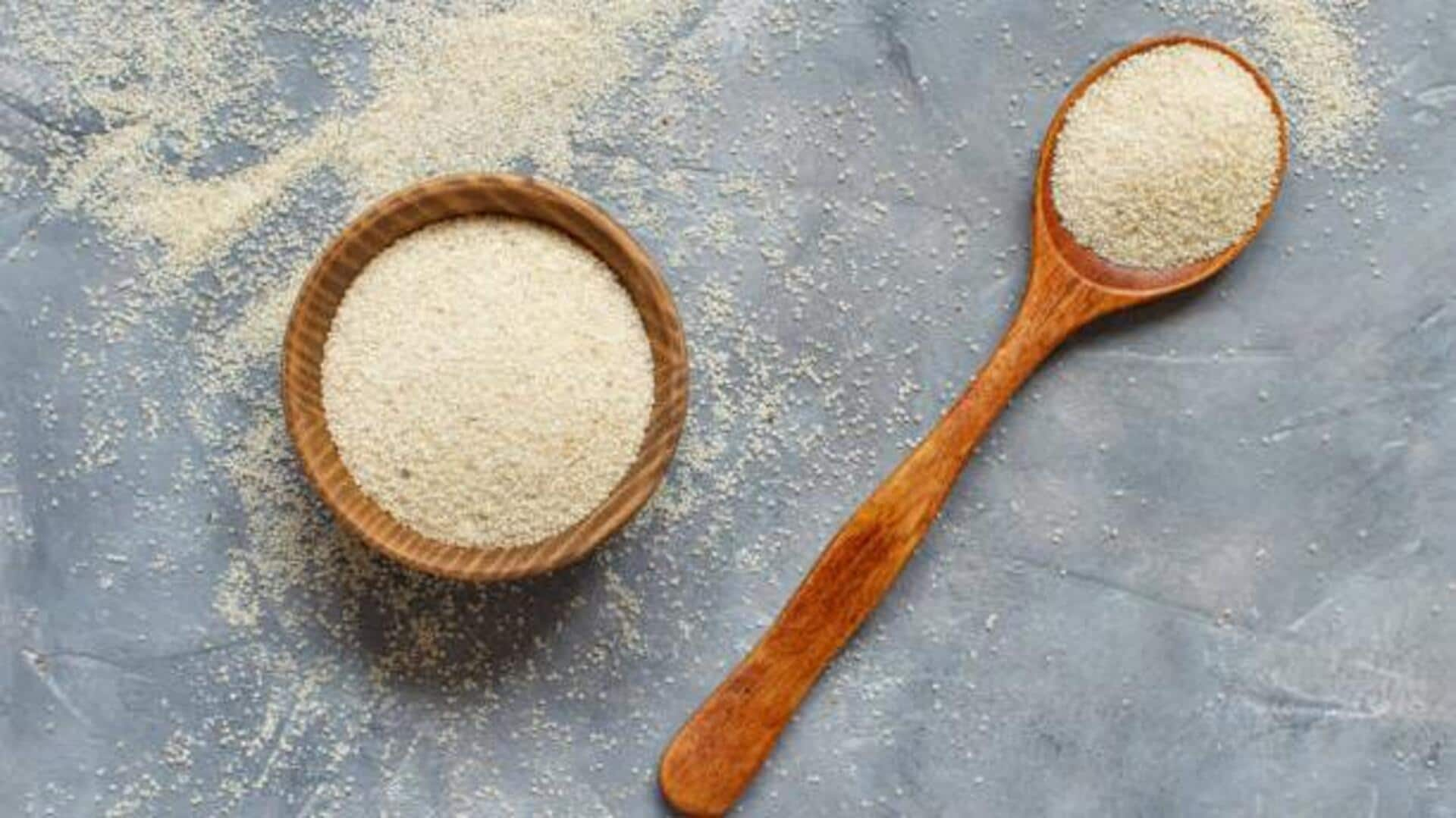
Why you should add fonio to your meals
What's the story
Fonio, a tiny grain that hails from West Africa, is making waves for its nutrition and versatility in vegetarian preparations. Quick-cooking and easy to adapt, fonio makes the perfect addition to several African vegetarian dishes. Here are five ways fonio can elevate these dishes. Read on to know how this ancient grain can be added to modern cooking!
Nutrition
Boosts nutritional value
Fonio is loaded with essential nutrients such as iron, calcium, and amino acids. It makes a great source of protein for vegetarians, ensuring that dietary requirements are met without the need for animal products. The grain's rich fiber content promotes digestion and keeps you full, making it an ideal ingredient in wholesome meals.
Convenience
Quick cooking time
One of fonio's coolest features is its super-fast cooking time. Unlike a lot of grains that take hours to prepare, fonio can be cooked in just five minutes. This makes it an ideal option for anyone who wants to whip up quick yet wholesome meals without having to compromise on the taste or quality.
Adaptability
Versatile ingredient
Fonio's mild flavor lets it blend beautifully with different ingredients and spices used in African cooking. It can be used as a base for salads or stews, or even as a rice or couscous substitute in traditional recipes. Its versatility makes it a great choice for both savory and sweet dishes.
Dietary needs
Gluten-free alternative
For those with gluten sensitivities/celiac disease, fonio is an excellent substitute for wheat-based grains. This naturally gluten-free grain provides a texture and taste profile that closely resembles traditional grains without causing any adverse reactions. It makes for a smooth substitute in recipes, allowing those on the gluten-free diet to enjoy their favorite dishes without compromise. This retains both flavor and nutritional integrity.
Sustainability
Supports sustainable agriculture
Cultivating fonio requires fewer resources than other grains like rice or wheat. It thrives in difficult soil conditions and needs little water, making it an eco-friendly crop. This choice encourages sustainable agricultural practices and contributes greatly to the food security efforts across Africa. Thus, making it a valuable asset for the environment and the economy alike.